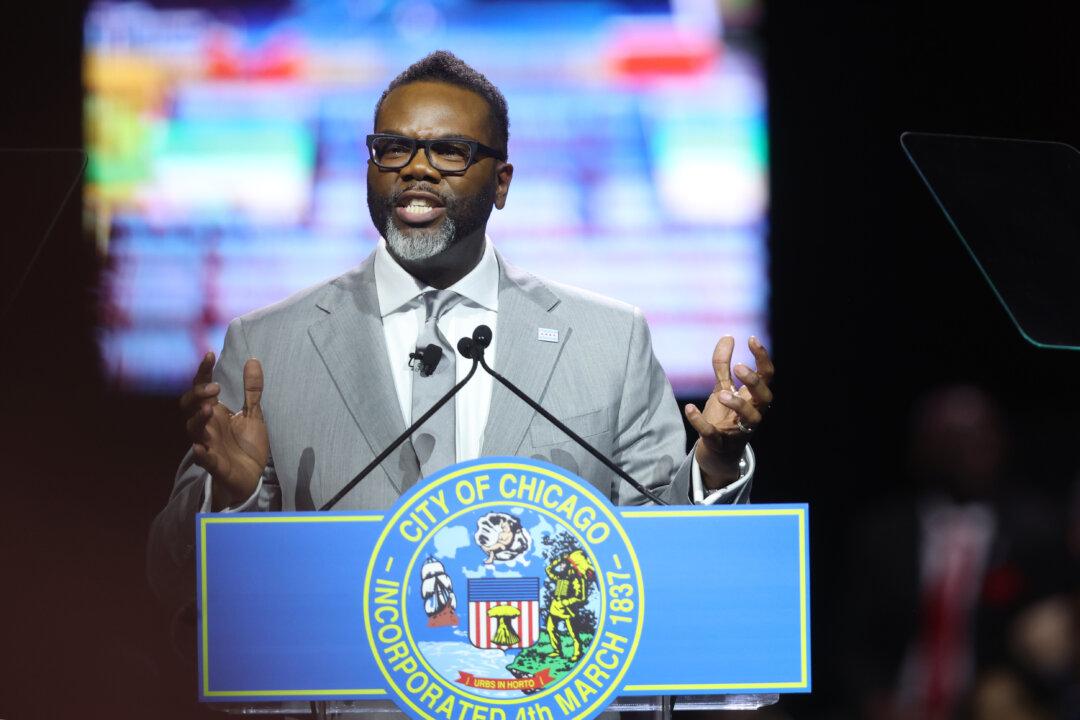Chicago Mayor Brandon Johnson signed an executive order on June 17 to form a Reparations Task Force aimed at addressing the “past injustices and present harm” caused to black residents by the city’s policies.
The task force will conduct a study on “all policies that have harmed Black Chicagoans from the slavery era to the present day,” and recommend appropriate remedies and restitution, according to the executive order.





